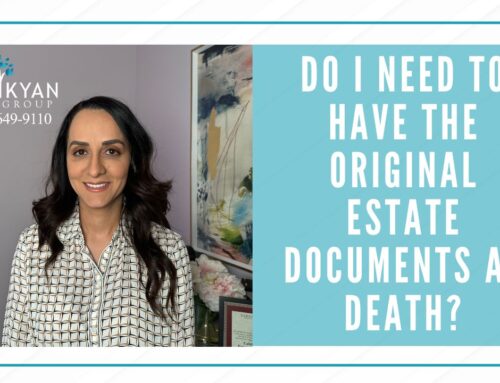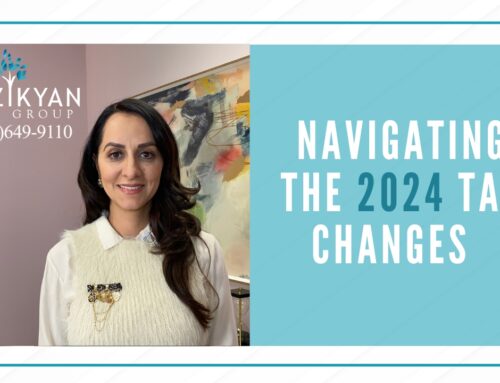Do you know how you hold ownership to your property? Most people are unaware of exactly the method by which they own their home or investment properties. This is troubling, because depending on how you took title to the property, you have different legal rights. This video is part 3 in a 3 part series on different ownership methods. In this video we will be discussing tenancy in common.
Usually during the purchase process, you as the buyer indicate how you want to take ‘title’ to the property. Meaning, what type of ownership will you hold in that property.
Tenancy in Common
A tenancy in common is any interest owned jointly by two or more people that is not a joint tenancy, partnership, or community property with right of survivorship. They can be unequal interests, or equal interests. For example, Bob might own 20% interest in the property and his friend, Sam owns 80% interest in the property. This method of holding property does not include a right of survivorship, so when one owner passes away, his interest must be probate if he has not done appropriate planning. For example, if Bob passes away, his 20% interest must be probated. He could avoid probate by transferring his 20% interest into his trust, so that the Trust now owns 20% of the property and Sam owns 80%, as tenants in common.
Probating an portion of an asset is worst then probating the entire asset, because now, only a portion of the property is stuck in the court system and needs court approval. This could put co-owners like Sam in a terrible spot. Sam will be dealing with the executor of Bob’s estate and make all decisions with the probate code in mind, including refinancing, selling, remodeling, etc.
So, depending on how you choose to hold title to your real property, you are likely subjecting yourself to probate administration and putting yourself at a tax disadvantage. It is important to create a plan to address not only your ownership intent but your wishes should you become incapacitated or disabled.
If you have no idea how you own your property, simply give our office a call and we would happy to help you.




